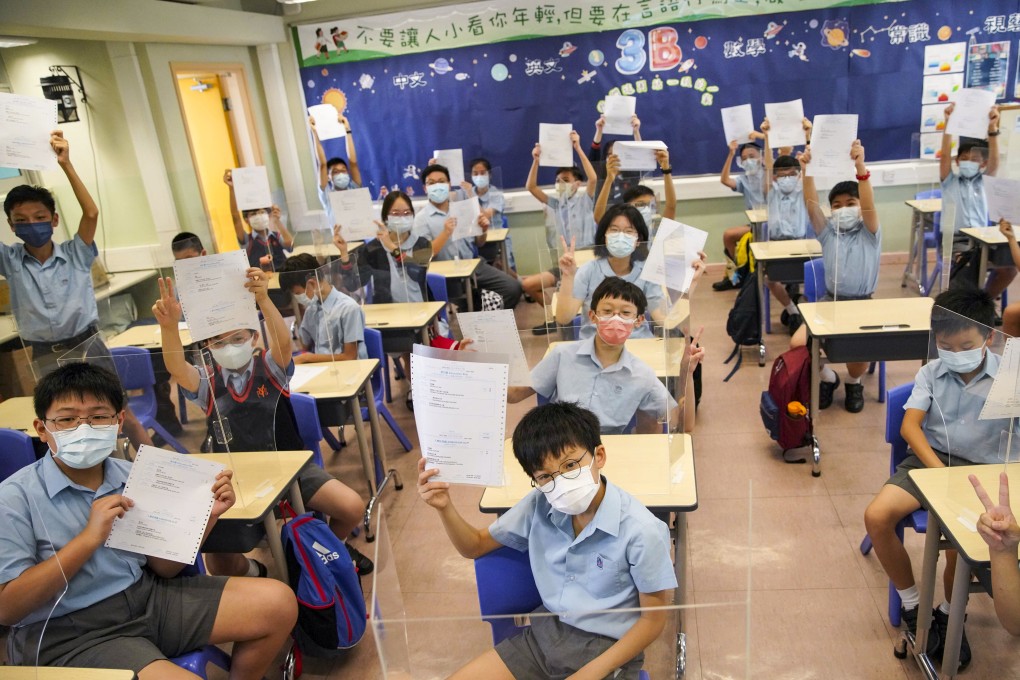Letters | Spot fake news, tell good from bad: a reading list for Hong Kong students
- Students must be taught to reject the fake news they see on social media and embrace proper, logical thinking that is free from bias
- Education is key to Hong Kong’s future, and we must do more than rote learning to raise the bar for the next generation

Hong Kong is a city of international acclaim, and a world-renowned city needs to be matched with a top-notch government and top-quality citizens.
There have been debates over the role of education on the behaviour of young generations. Regardless of the political spectrum, almost everyone agrees that education plays a key role in the future of the city.
I am writing to share three thoughts for educators, the media and top city officials to consider. First, we need to educate Hongkongers on how to think and how to differentiate the good and the bad in one’s own thinking and that of others.
Second, students must be taught the many kinds of biases in interpreting what is happening. Awareness of these biases offers students protection against being easy prey for polarised ideas that fit to their own lens of individual unhappiness. The book Factfulness: Ten Reasons We’re Wrong About the World by Hans Rosling contains a list of these instincts and should be a reference in designing curriculum.